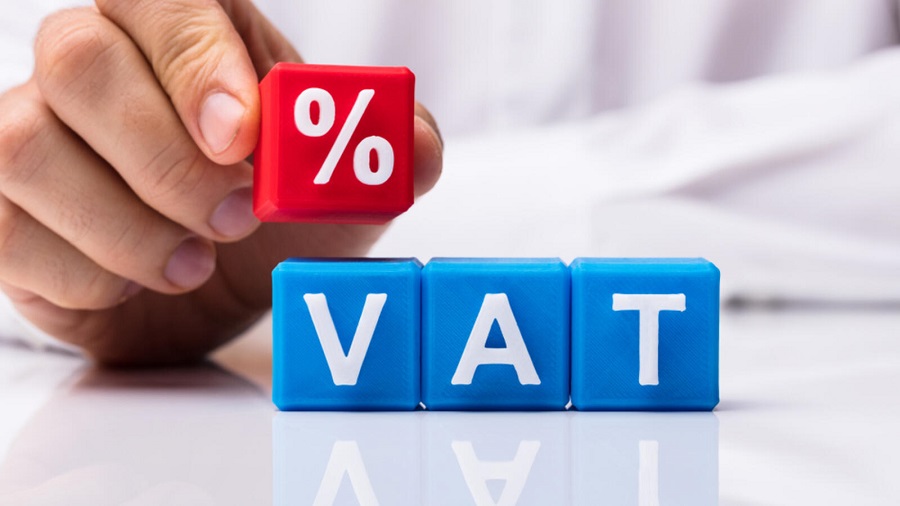Nigeria generated a sum of N500.49 billion as value-added tax in the third quarter of 2021, representing a 2.3% decline compared to N512.25 billion recorded in the previous quarter.
This is contained in the recently released VAT report, by the National Bureau of Statistics (NBS).
According to the report, the manufacturing sector led the list with VAT remittance of N91.2 billion, representing 30.9% of the total local non-import value-added taxes in the period.
Despite the quarter-on-quarter decline of VAT collections in the period under review, it grew by 17.8% compared to N424.7 billion generated in the corresponding period of 2020.
Also, it is worth noting that a sum of N1.51 trillion has been generated from VAT between January and September 2021.
This is 40.2% higher than N1.08 trillion recorded in the corresponding period of 2020 and 72.3% higher than N876.1 billion generated in similar period in 2019.
Key highlights
- The total Value Added Tax (VAT) collected over the first, second and third quarter 2021 were reported at N496.39 billion, N512.25 billion and N500.49 billion respectively.
- This is higher compared to the corresponding figures of last year at N324.58 billion, N327.20 billion and N424.71 billion respectively.
- In Q3 2021, the Manufacturing activity; Information and Communication activity; and Mining & Quarrying activity accounted for the top three largest share of total revenue collected sector-wise, representing 30.87% (N91.2 billion), 20.05% (N59.3 billion), and 9.62% (N28.4 billion) respectively.
- In the period under review, collections of Non-Import VAT local and NCS-Import VAT were higher compared to the previous quarter (Q2 2021).
 Nigeria continues to ramp up efforts to increase non-oil revenue by increasing its tax collection rates, which has recorded significant growth since the federal government increased VAT rate from 5% to 7.5% in the 2019 Finance Act, which was signed by the president and effective 13th January 2020.
Nigeria continues to ramp up efforts to increase non-oil revenue by increasing its tax collection rates, which has recorded significant growth since the federal government increased VAT rate from 5% to 7.5% in the 2019 Finance Act, which was signed by the president and effective 13th January 2020.
It has become imperative for the federal government to diversify its revenue bucket, given the recent uncertainties surrounding crude oil revenue, which has been affected by high volatility in price, cut in production quota and recently inability to meet production target.
Notably, oil price which had rallied above $80 per barrels as a result of the OPEC+ strategy to tighten supply has now dipped significantly below $70 per barrel, due to the fear posed by the new Omicron covid variant.
Manufacturing tops sectoral VAT collections
The manufacturing sector accounted for the highest VAT collections in the period under review with N91.2 billion, representing 30.9% of the total non-import sectoral VAT collections.
Information and Communication sector is a distant second with N59.25 billion VAT, which is 20.1% of the total.
Mining and quarrying sector recorded N24.44 billion VAT, followed by public administration and financial sector with N27.2 billion and N23.9 billion respectively.
On the flip side, activities of extraterritorial organizations, households as employers and water supply sector, recorded the least VAT collections in Q3 2021 with N20.16 million, N90.8 million, and N236.8 million respectively.
Why this matters
VAT collection is a very important component of the federal government’s revenue source, considering the recent doldrum in Nigeria’s oil revenue, which was significantly affected by the covid-19 pandemic.
Although, recent data from the NBS points to a marginal downturn in VAT collections, the Federal Inland Revenue Service (FIRS) will look to expand the tax net in order to improve collections so as to make up for Nigeria’s revenue shortfall.


















